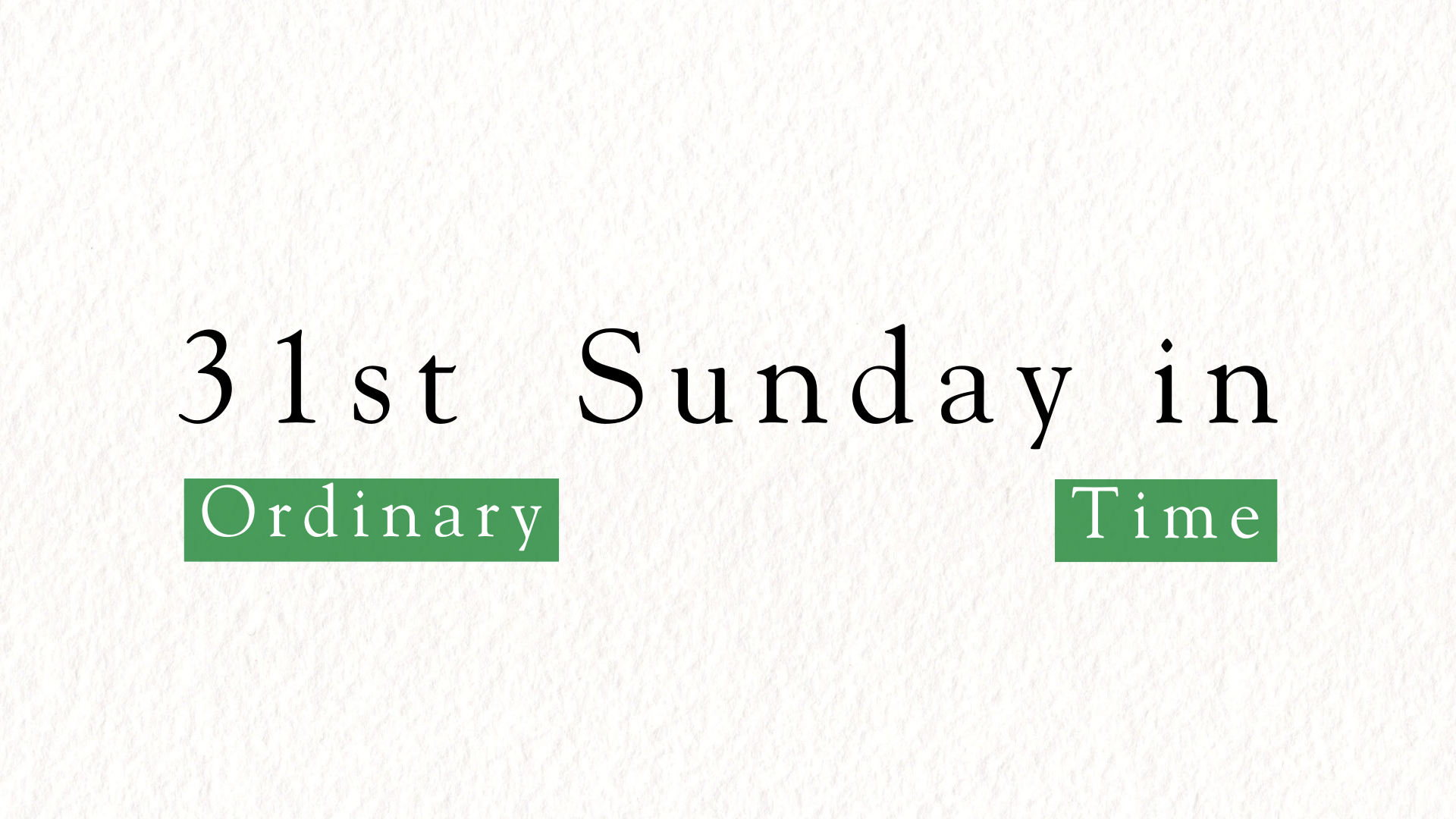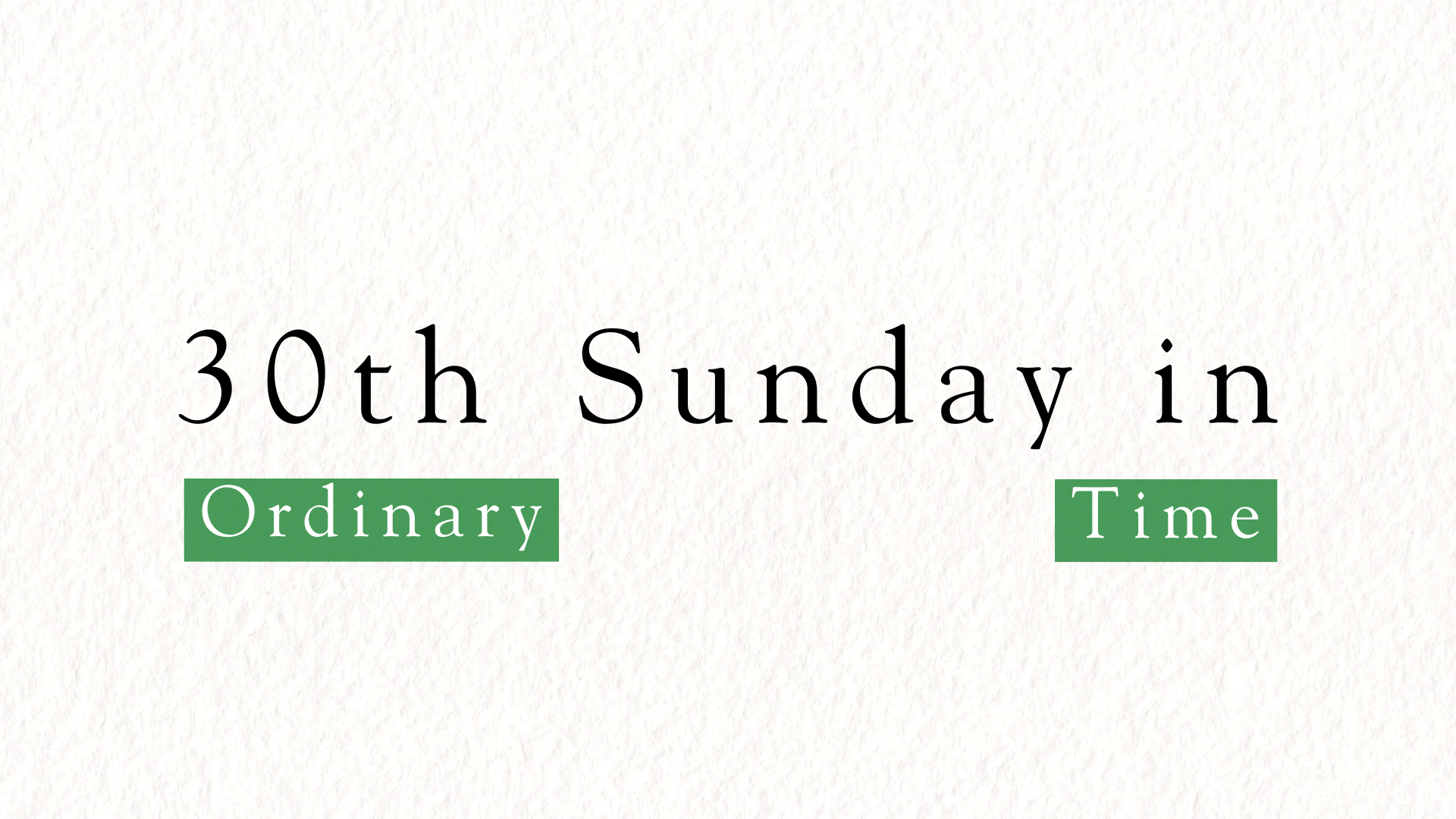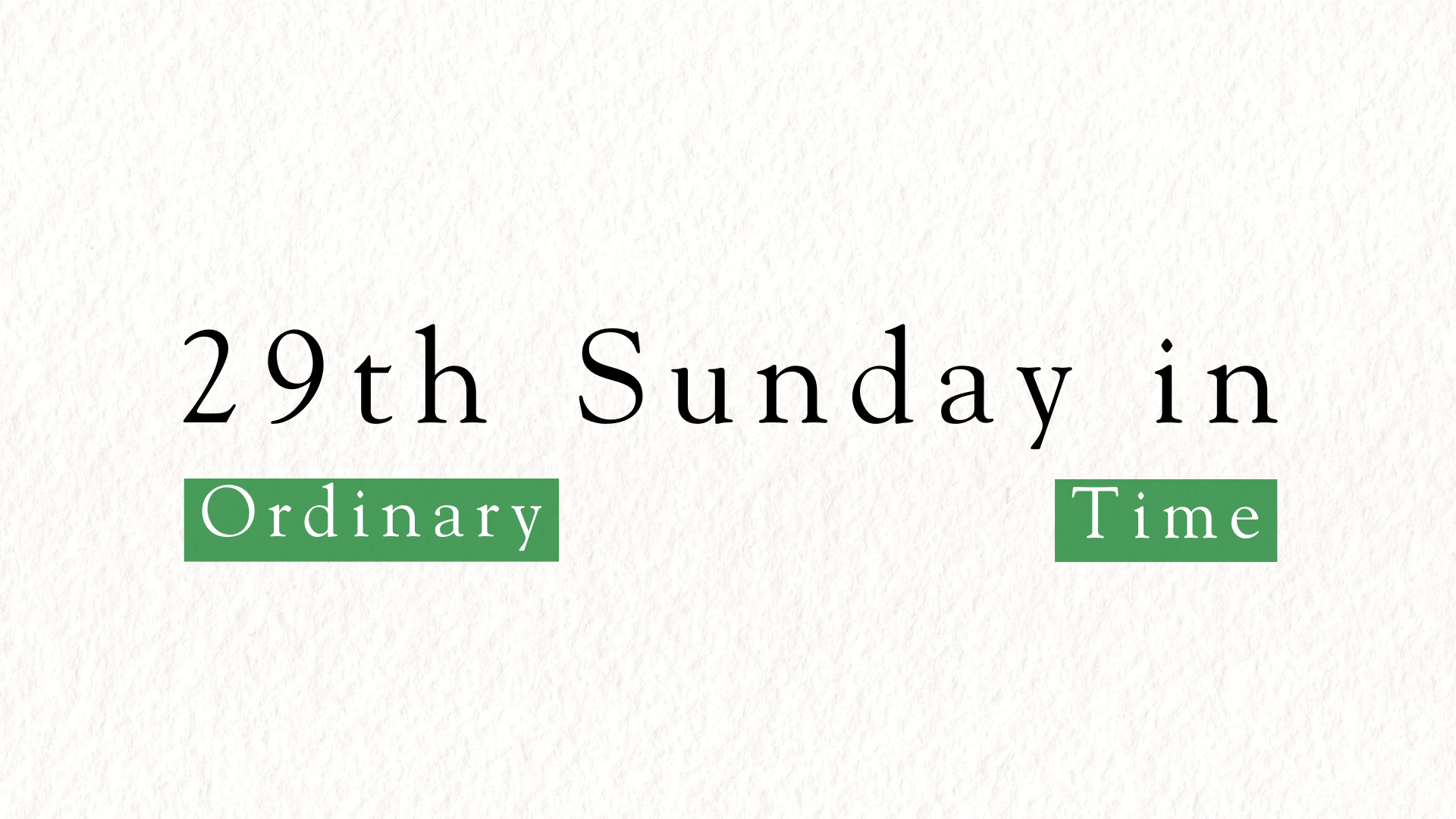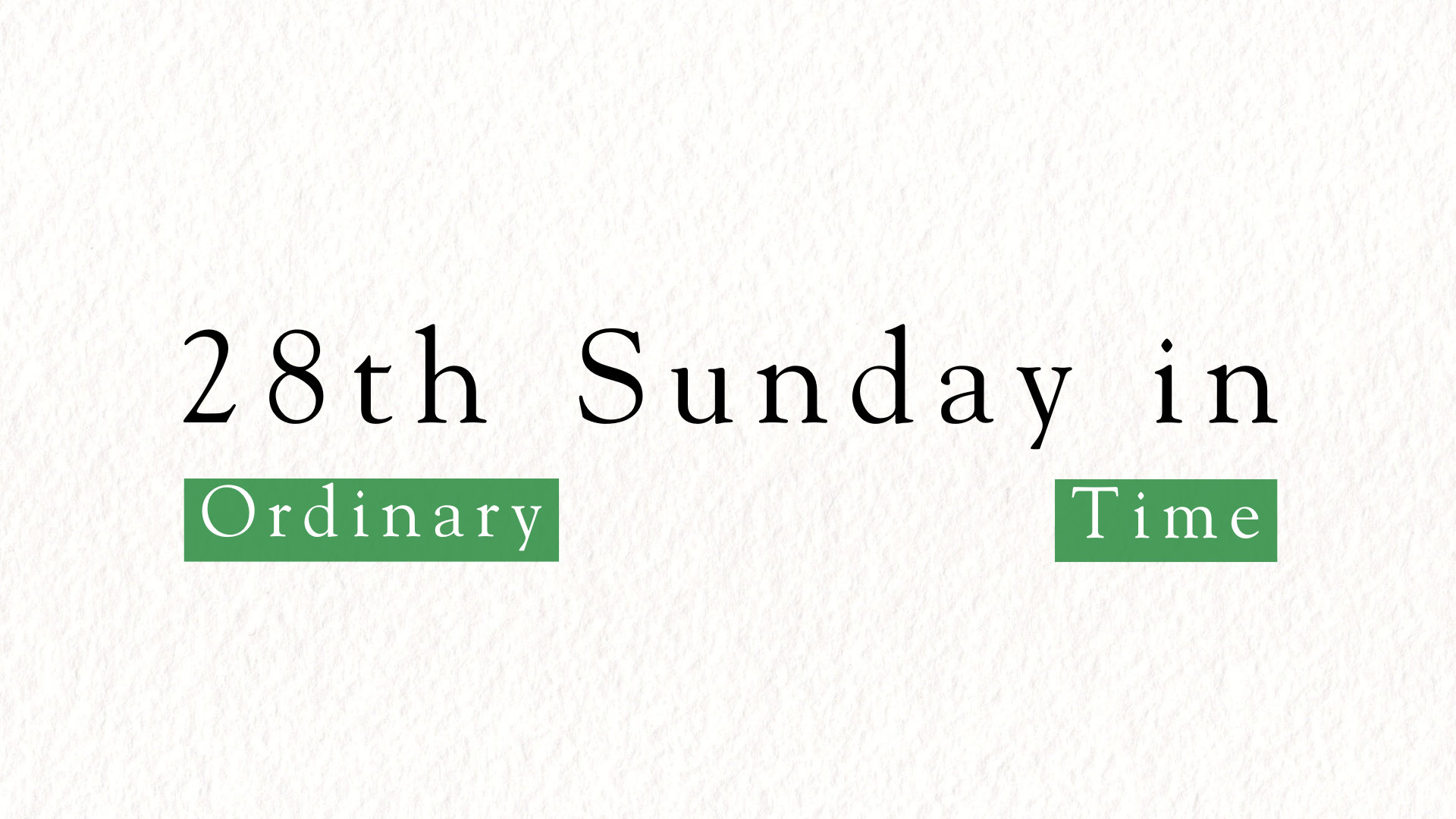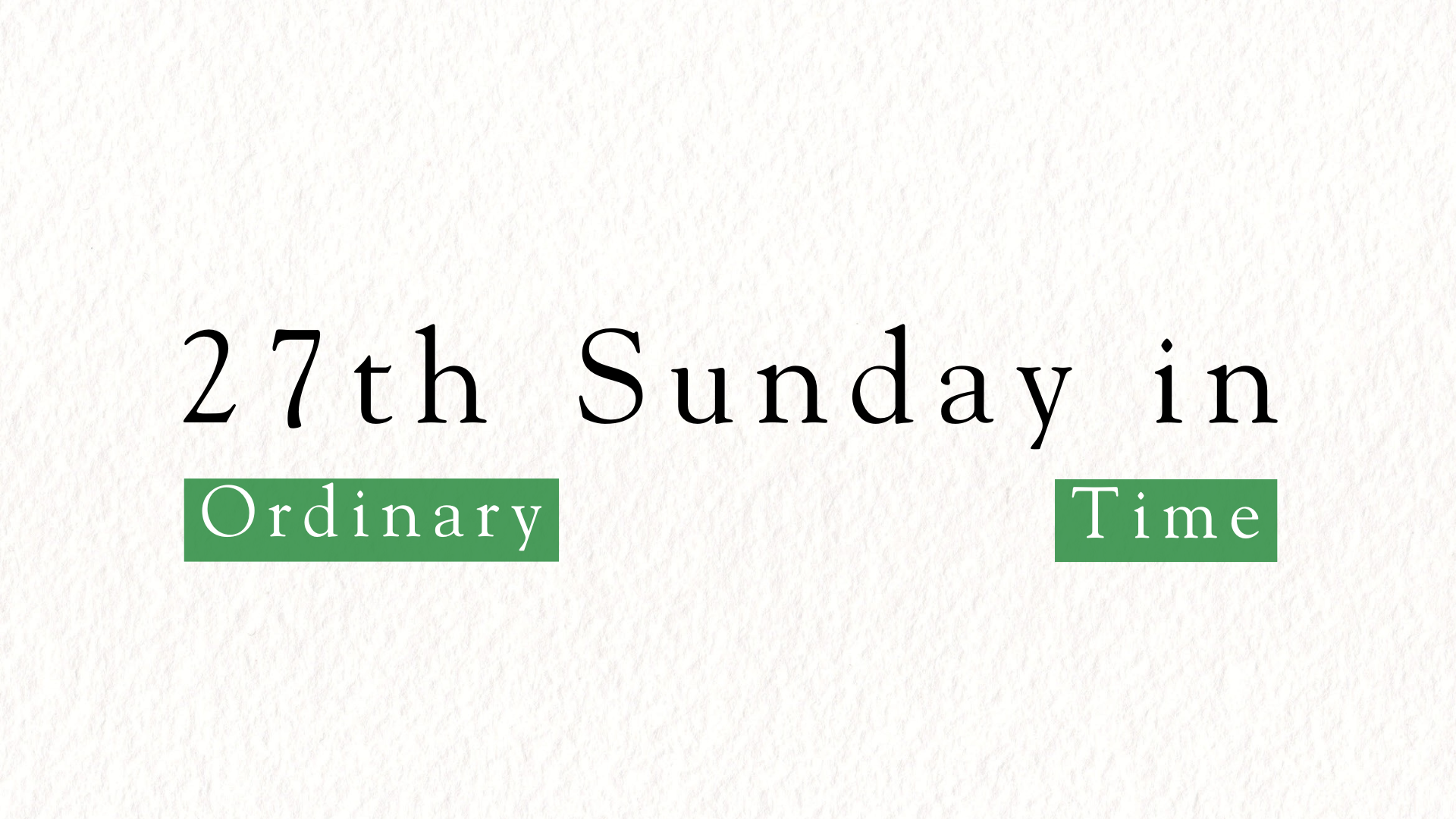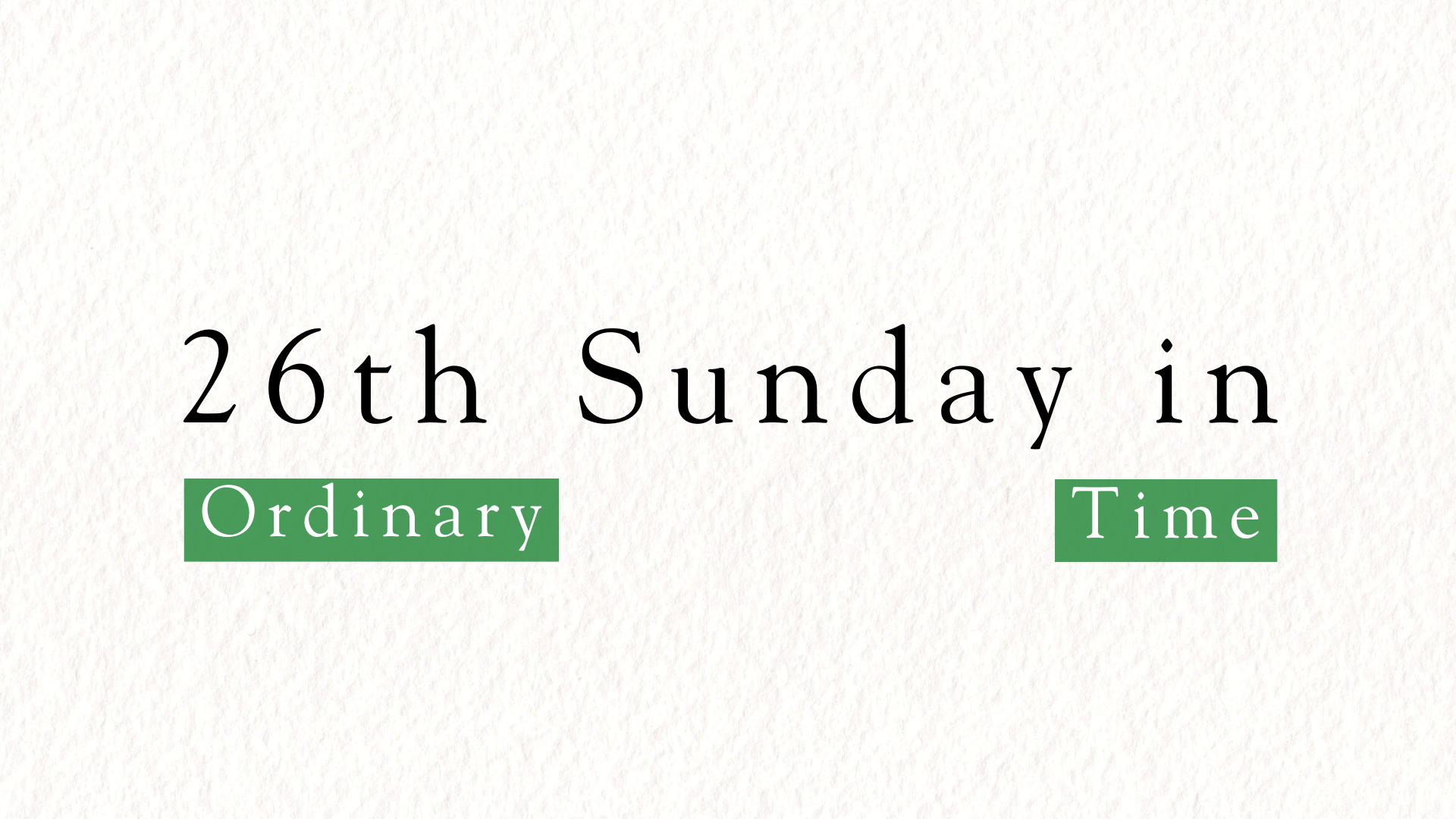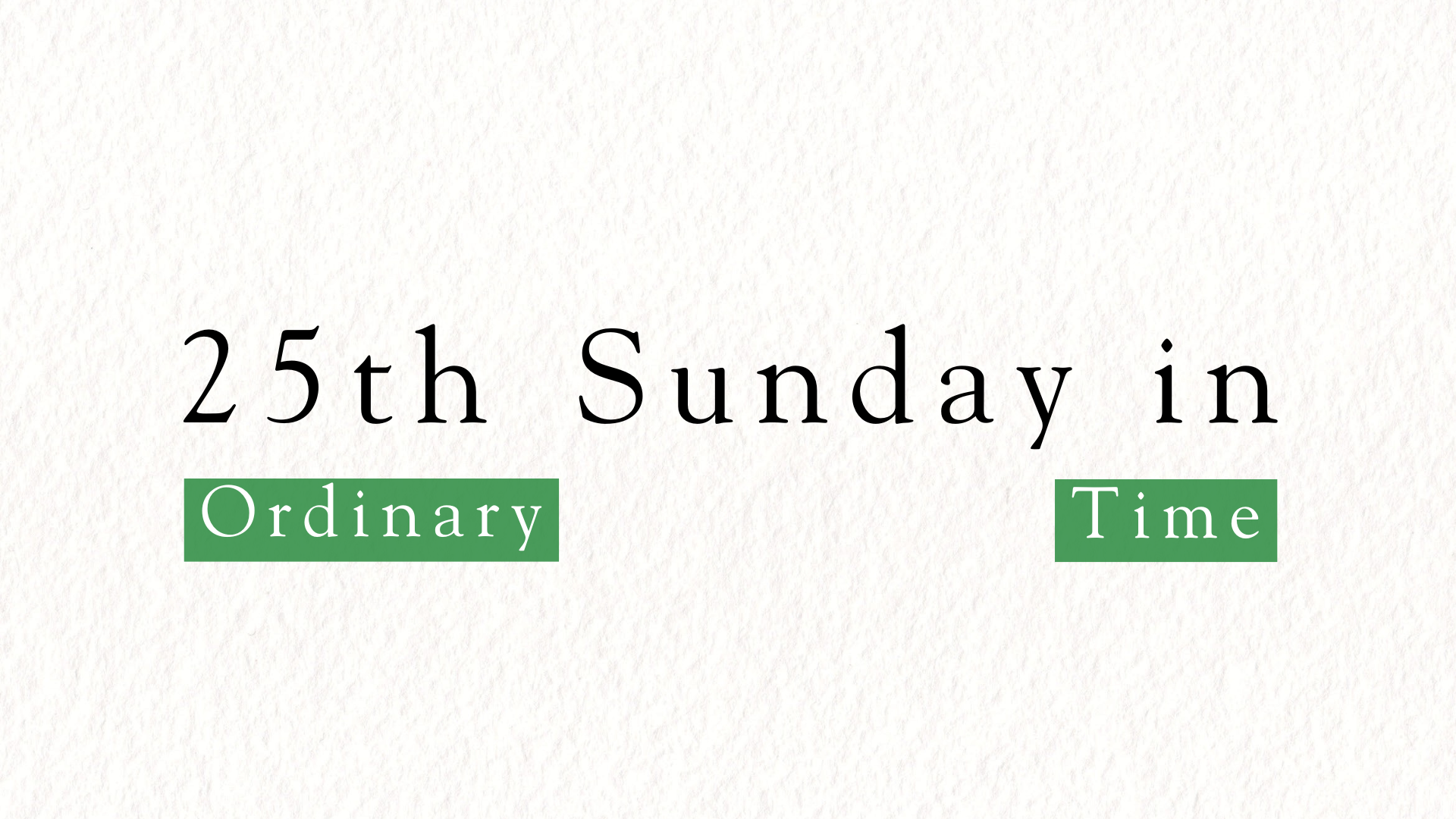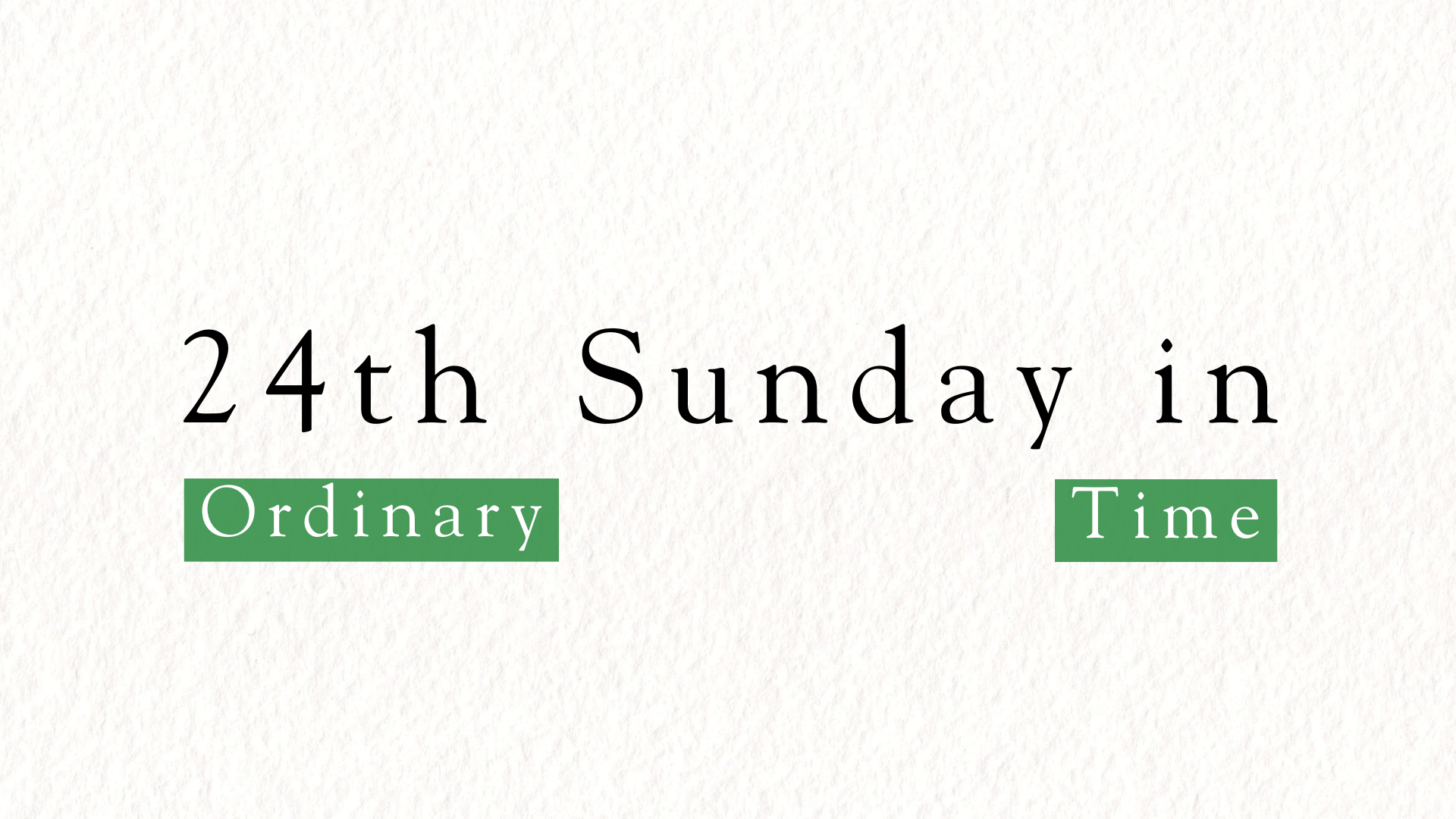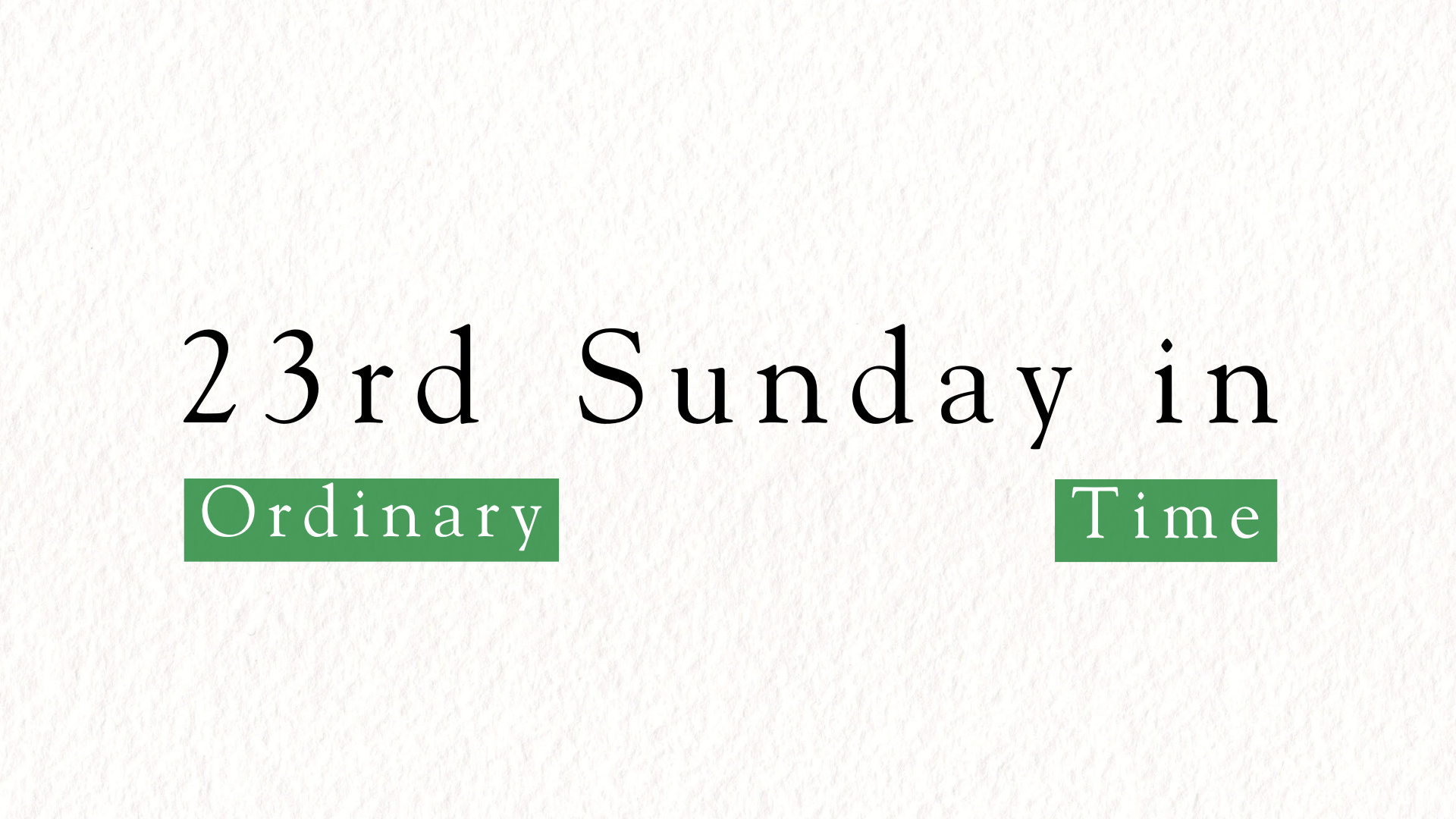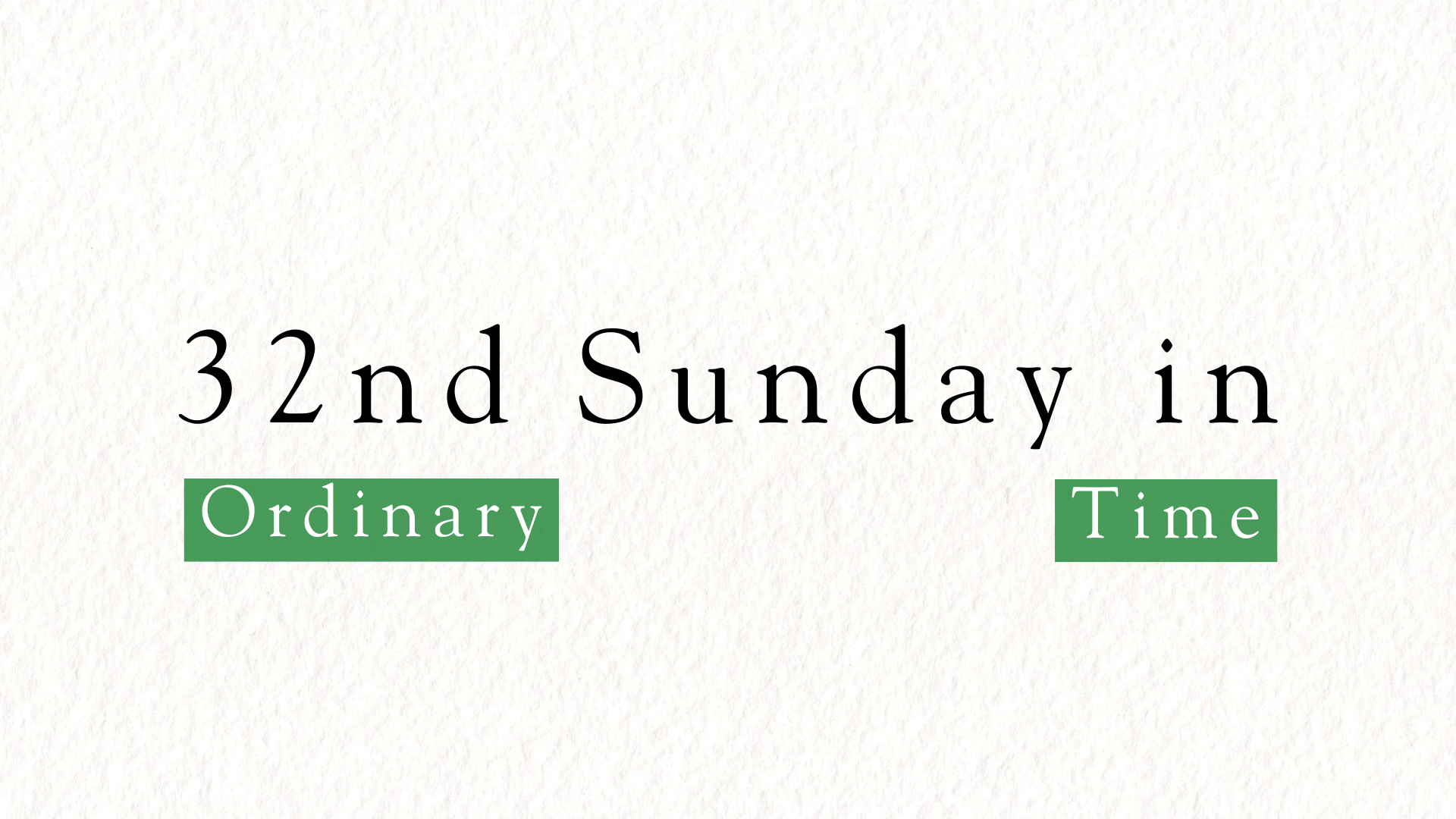
Mark 12:44
She, from her poverty, has contributed all she had, her whole livelihood.
Readings for Sunday: 1 Kings, Hebrews, Mark
Reflection:
Have you ever wondered what God wants from you? Often, we rush through our days, focused on routines—work, school, family—without thinking about deeper questions. It’s usually when something goes wrong—a sickness, job loss, or loss of a loved one—that we pause and ask, “God, what do you want from me?”
God’s answer is simple yet profound: He wants everything—our whole hearts and lives. In Sunday’s Gospel (Mark 12:38-44), Jesus notices a poor widow placing her last coins in the temple treasury. “For they have all contributed from their surplus wealth, but she, from her poverty, has contributed all she had, her whole livelihood.”
Unlike the wealthy who give what’s extra, she gives everything she has out of love and trust in God.
This story reflects how God gives Himself to us fully, especially through Christ, who poured out His life on the cross and continues to offer Himself in the Mass. Just as the widow gave all she had, God invites us to surrender our lives back to Him. This is the heart of stewardship—not just giving money but offering our time, talents, and entire selves. Through this, we love God with everything we are and have, allowing His love to transform our lives.
Reflection Questions
- In your prayer, ask: “Lord, in what areas of my life am I holding back from fully giving myself to You? Help me to see how I can follow the example of the widow who gave all she had.”
- Reflect on this: “Just as the widow gave her last coins out of love and trust, what ‘last coins’—be it time, talent, or energy—might you be called to offer in love to God, even if it feels small or insignificant?”
- Consider in quiet reflection: “How would your life look if you gave God not just the surplus of your time and resources, but your ‘whole livelihood’? What steps can you take to live with this kind of generosity and trust?

